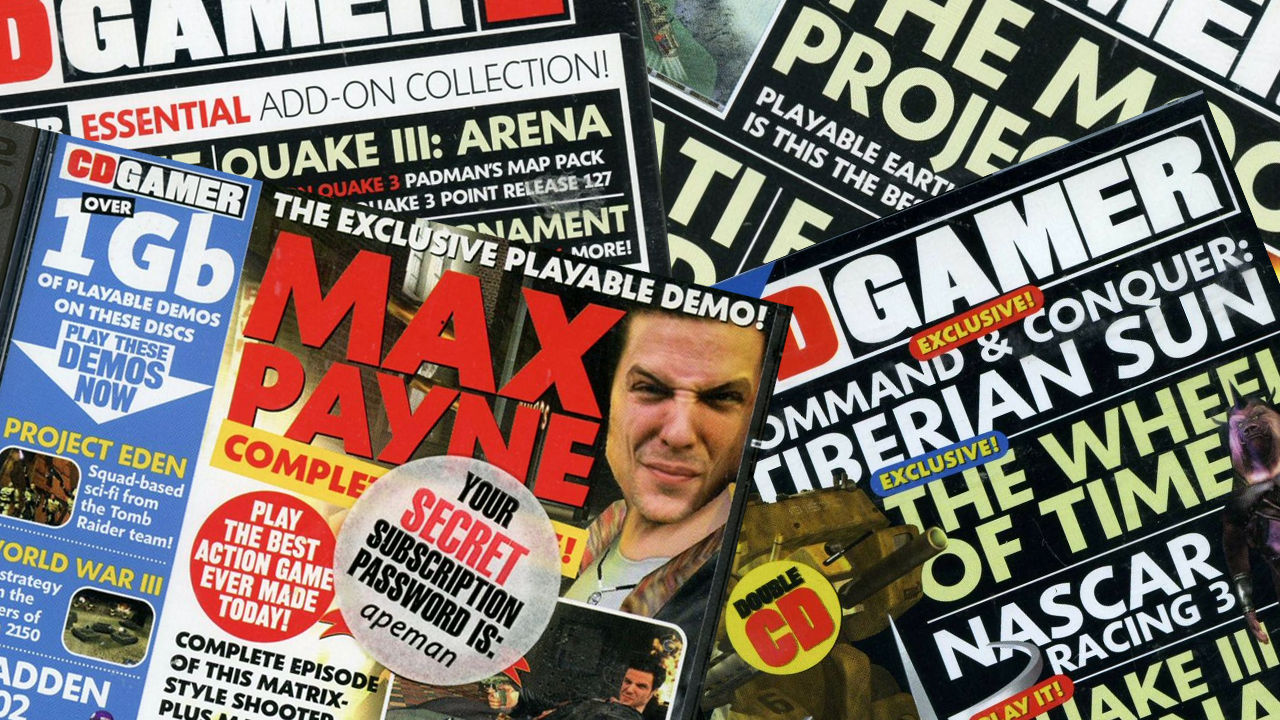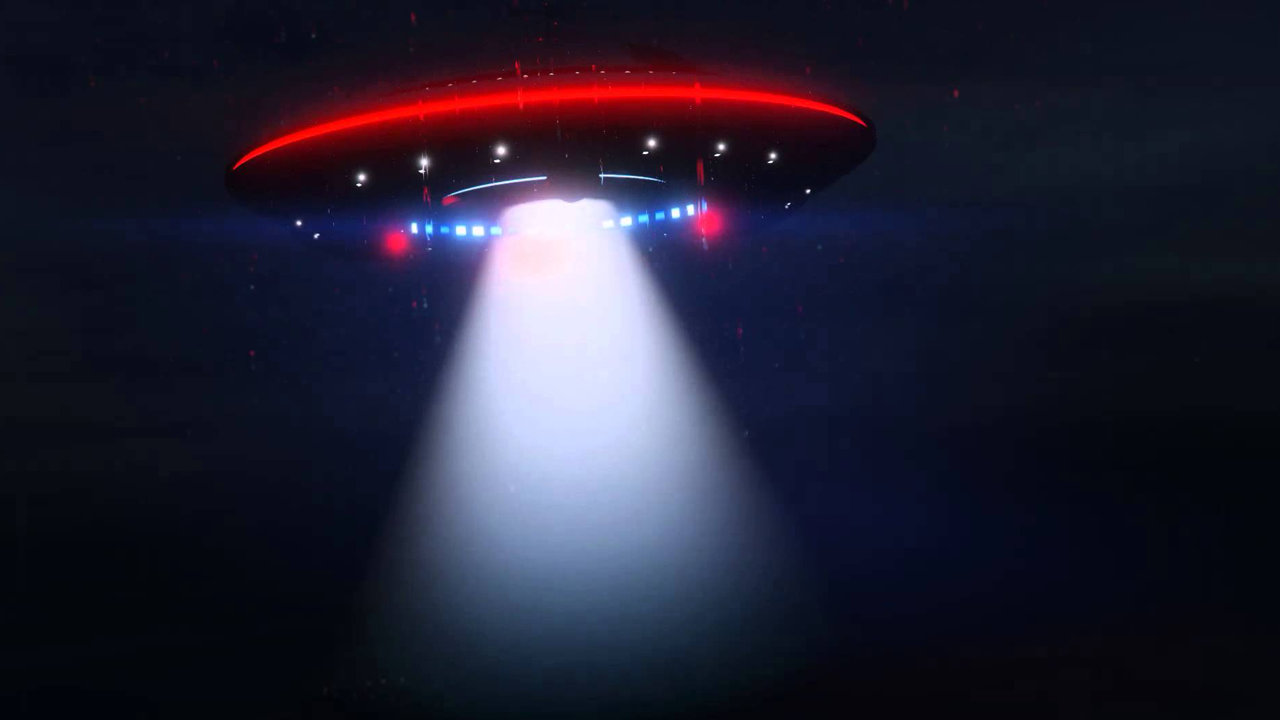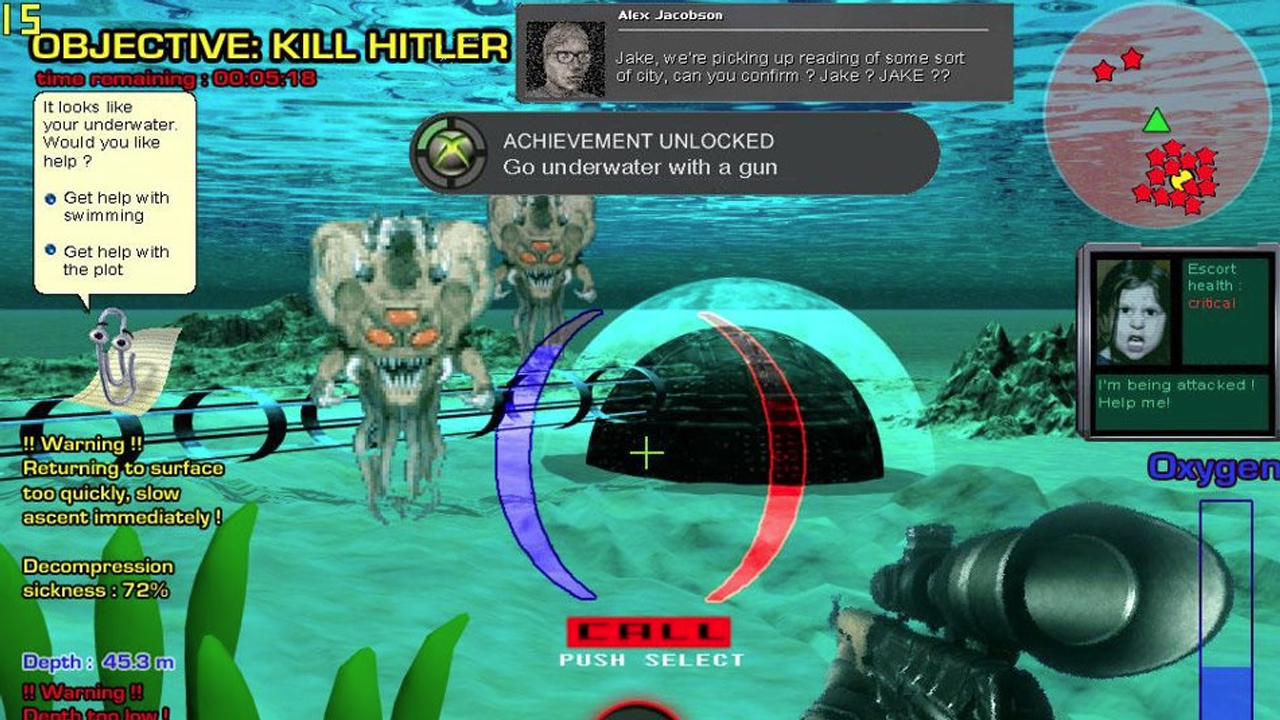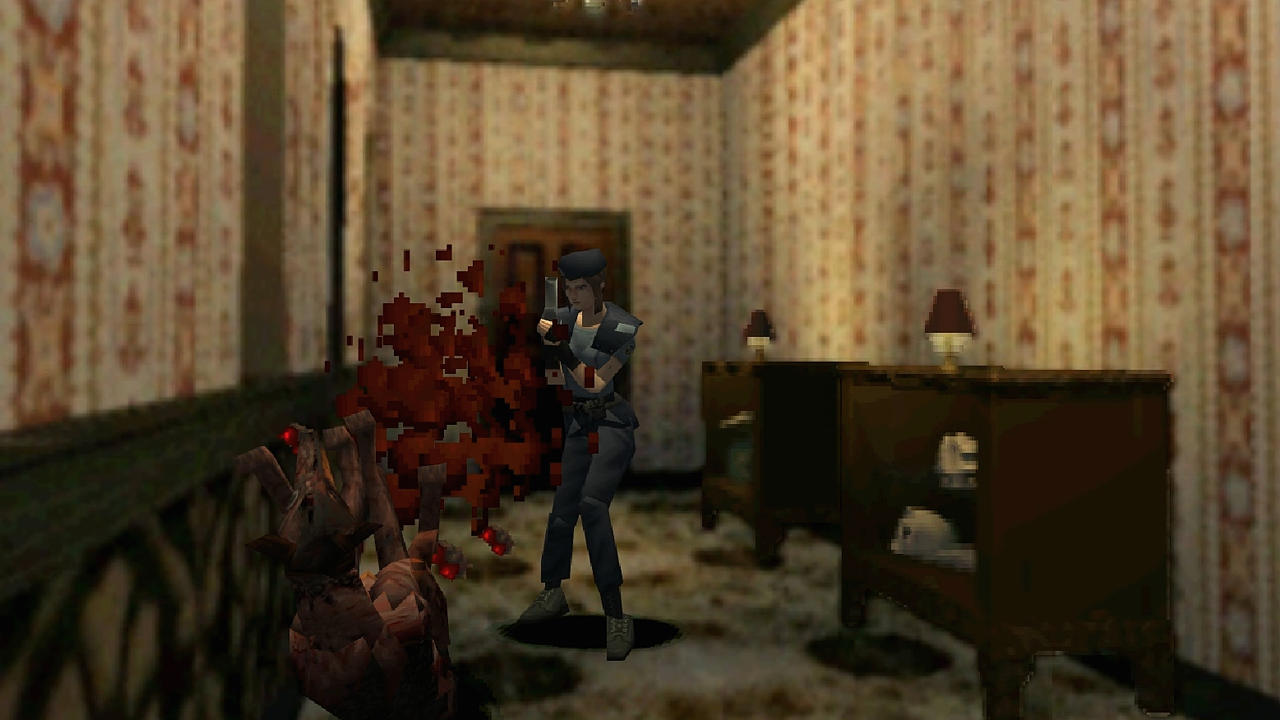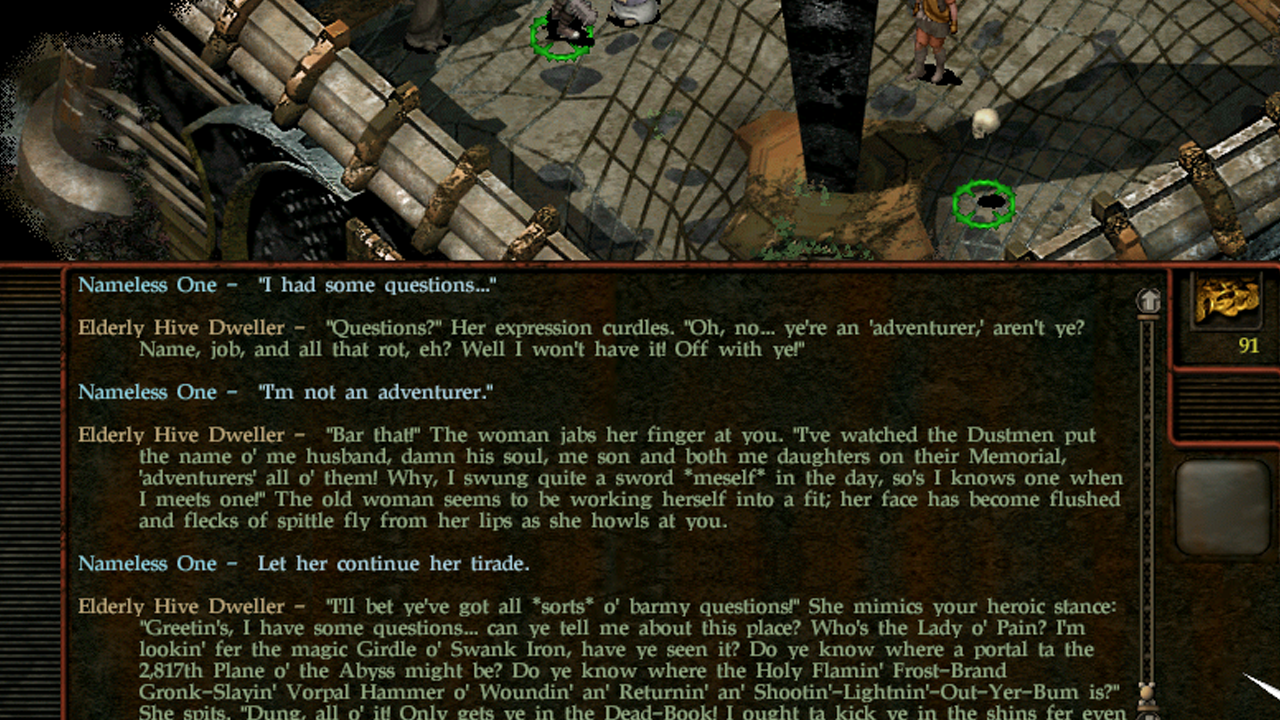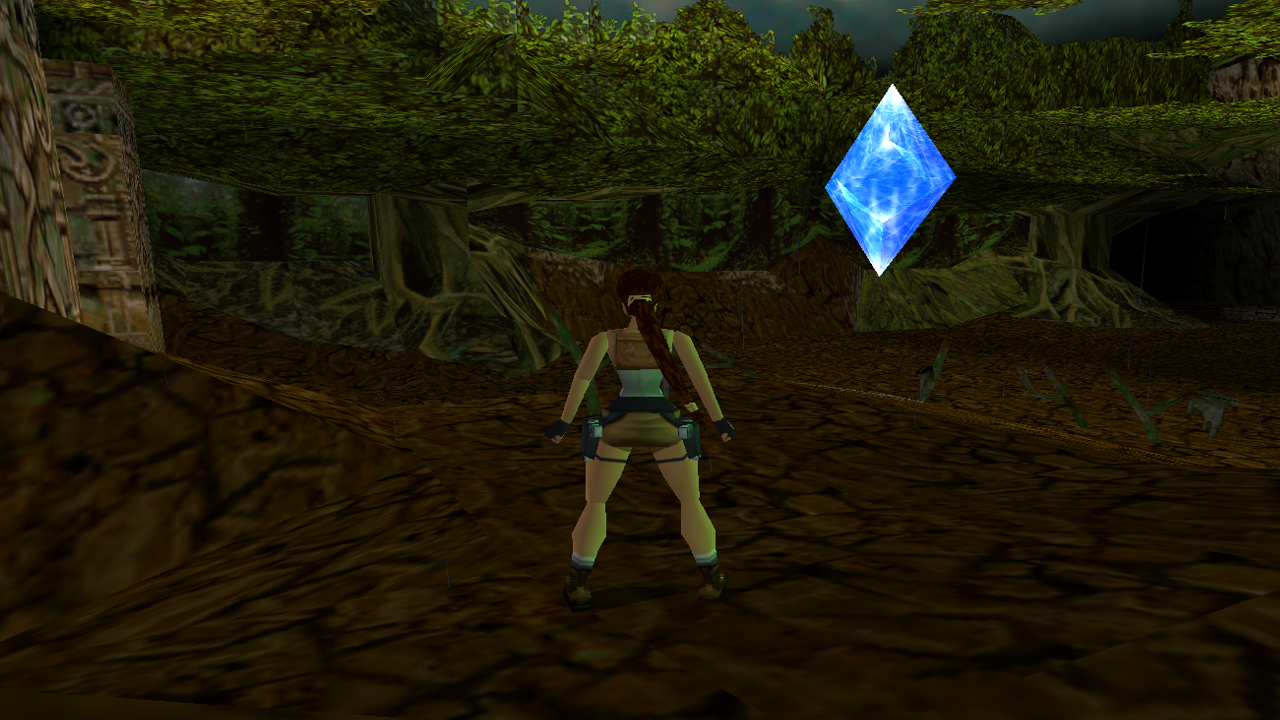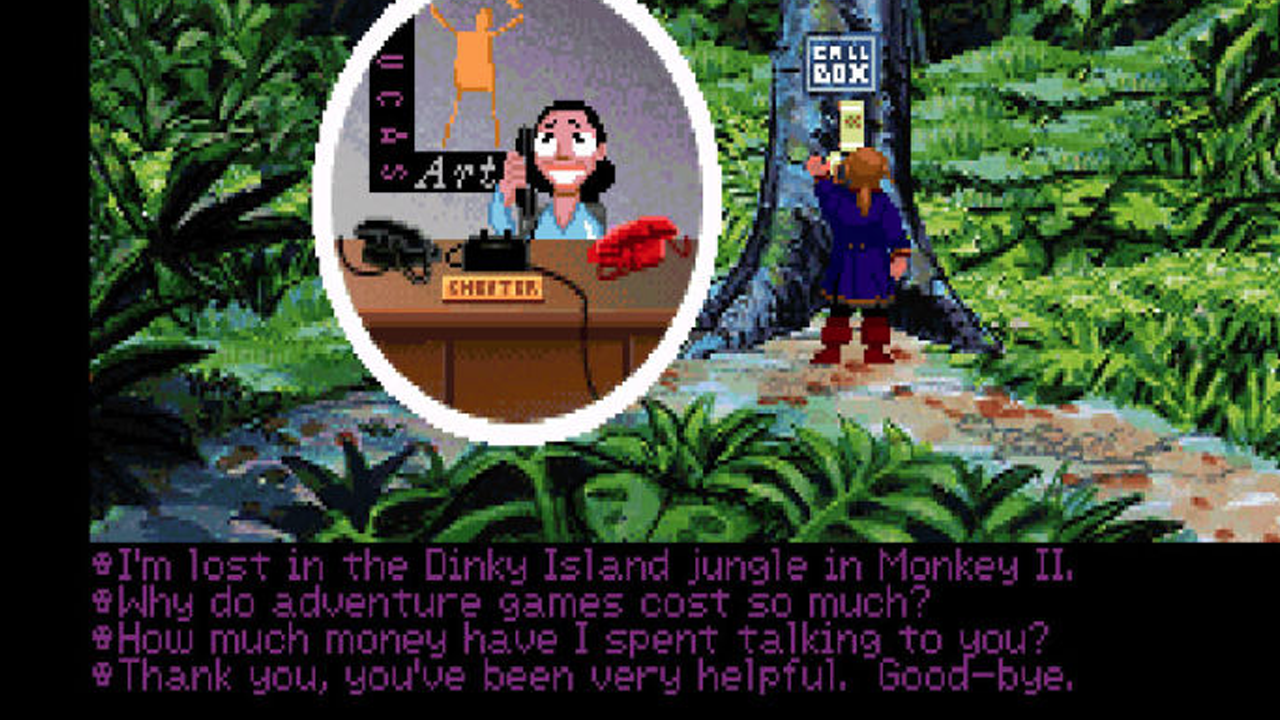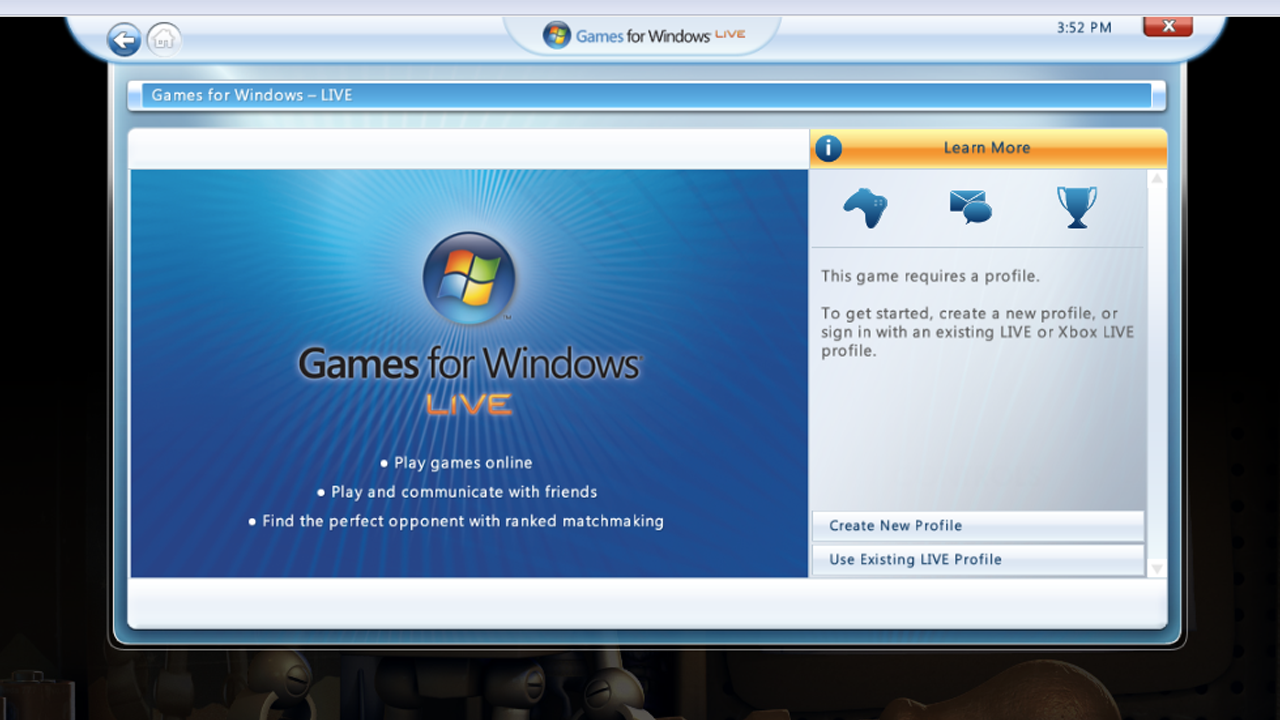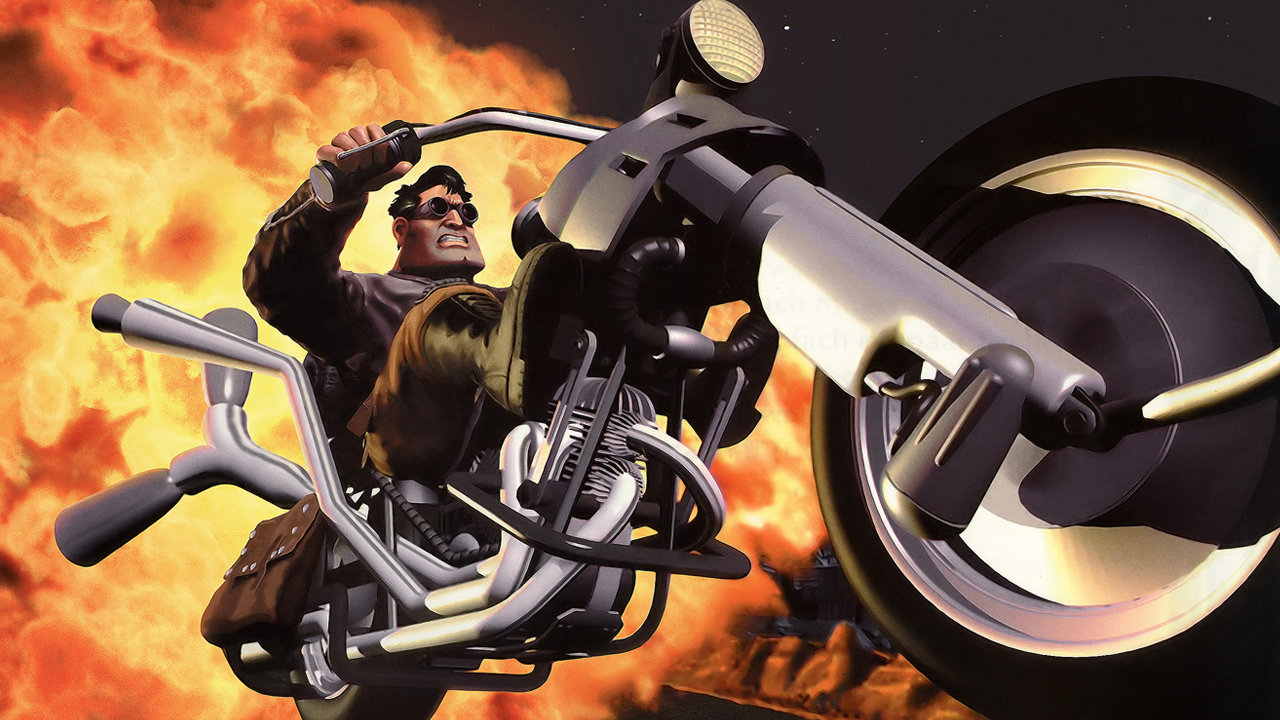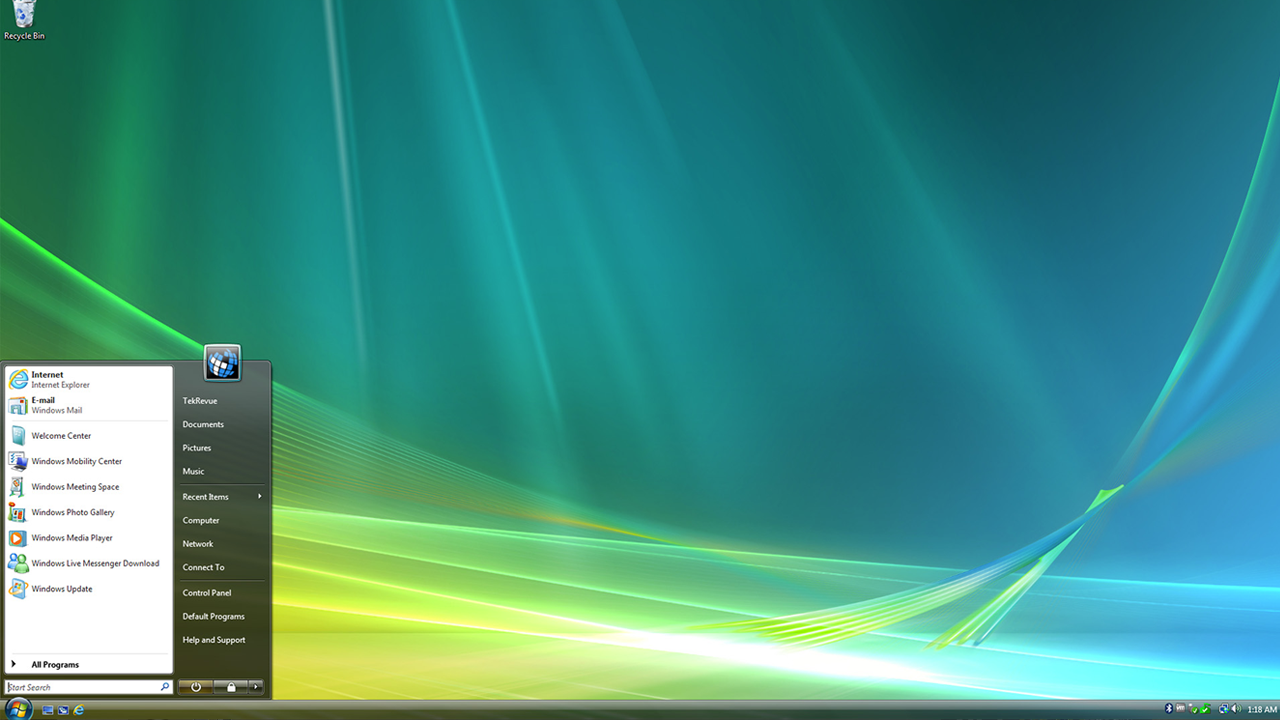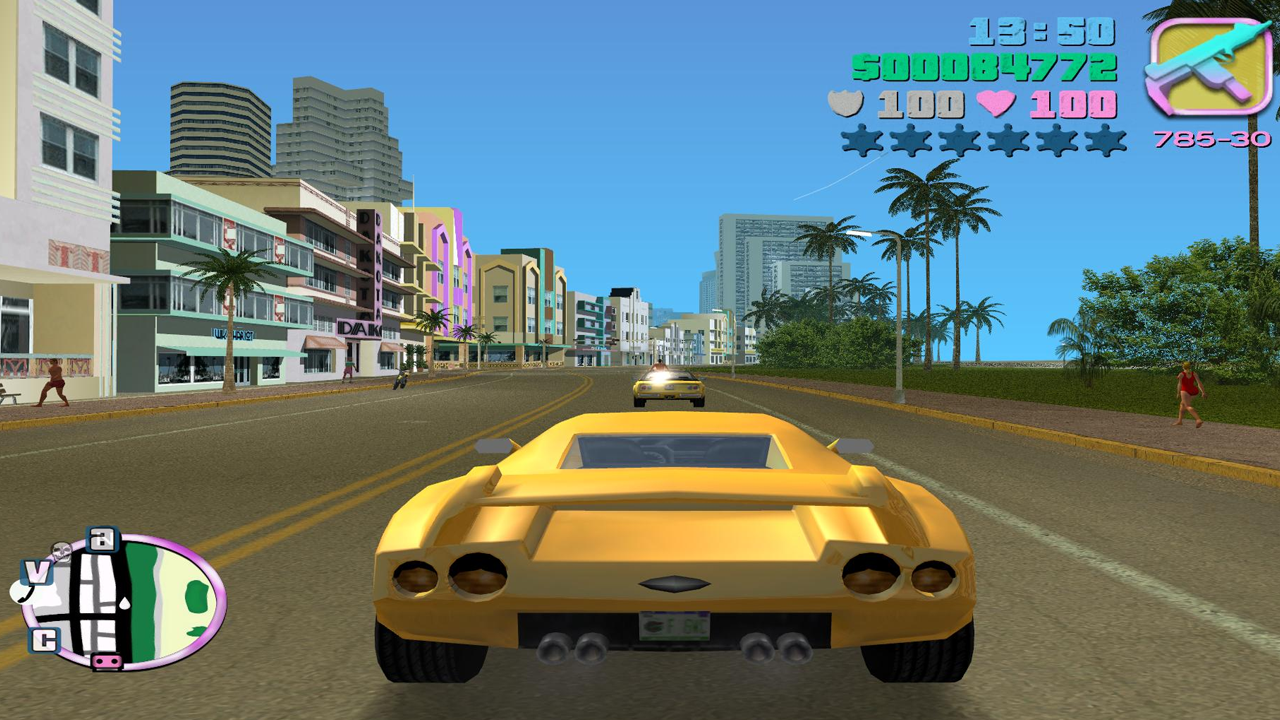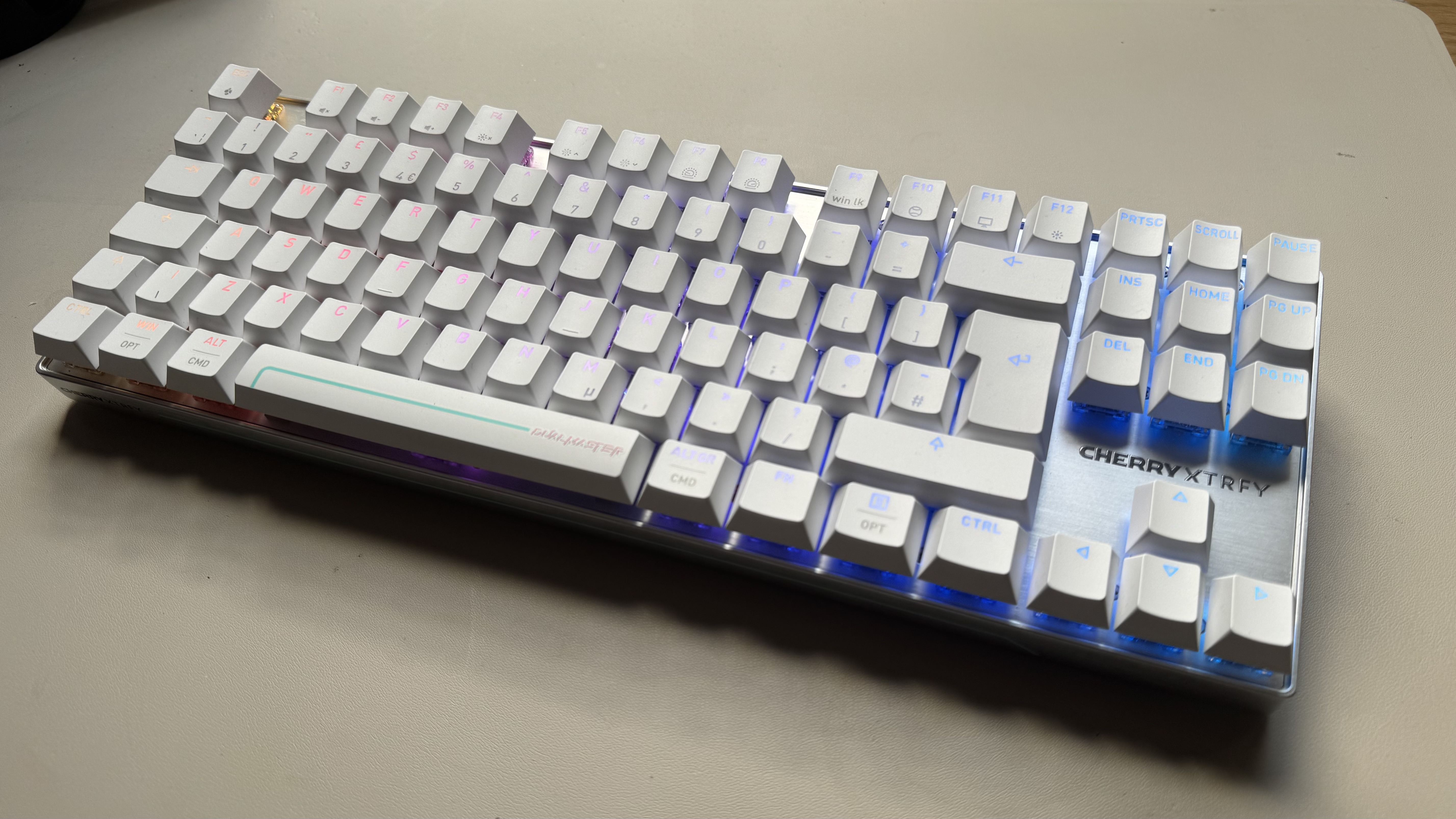20 things we miss, and don’t miss, about PC gaming
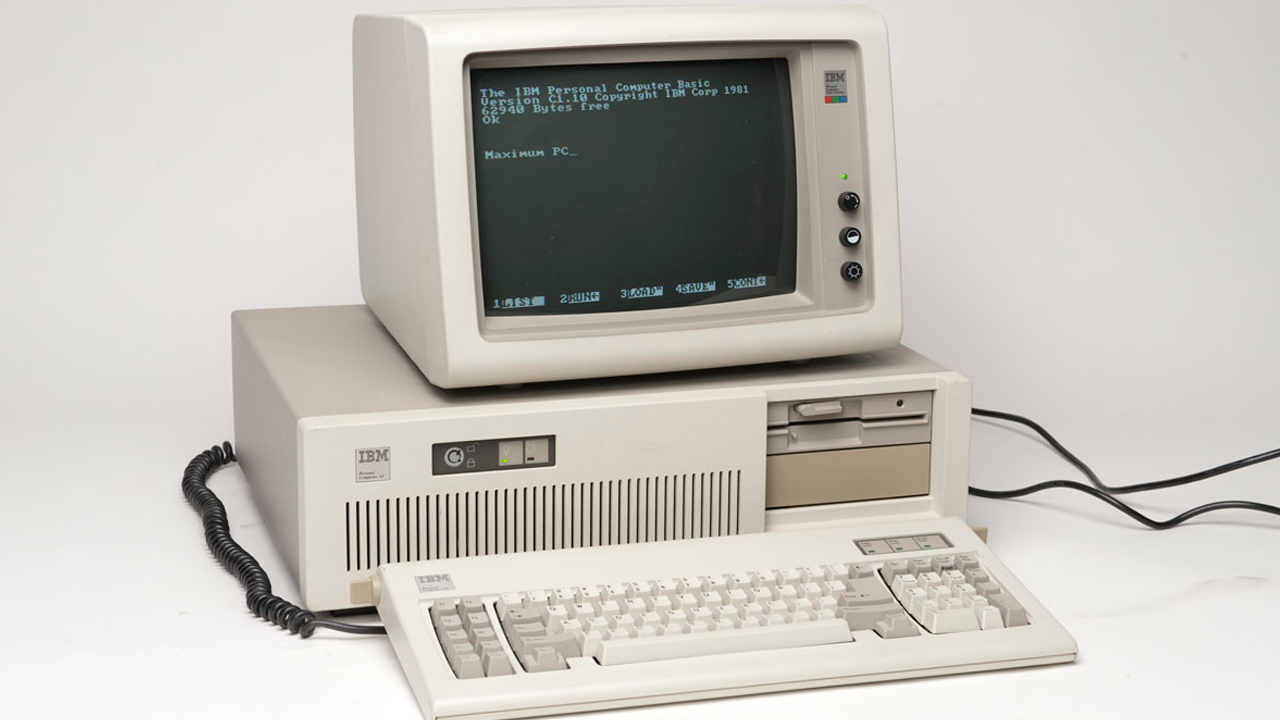
Things we miss
We don’t often get misty-eyed with nostalgia here on PC Gamer, because the future of PC gaming is always so exciting. But sometimes it’s fun to look back and reminisce about simpler times, when boxes were big, manuals were thick, and voice acting was bad. Here are some of the things we miss about PC gaming’s past.
Image from PC Museum
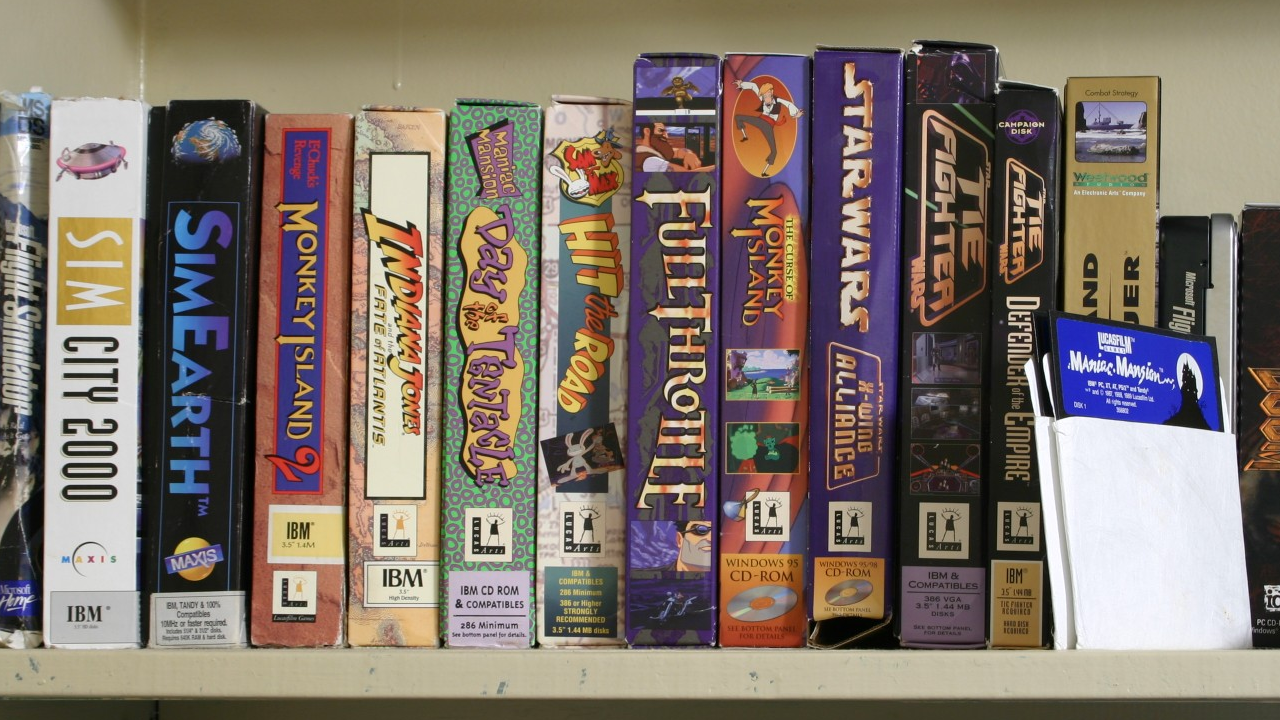
Cardboard boxes
Once upon a time, PC games were packaged in giant, impractical cardboard boxes—and they were brilliant. Packed with stuff, and embellished with beautiful artwork, they were enticing teasers for the games within. Here are some of our favourites.
Image from Slashdot
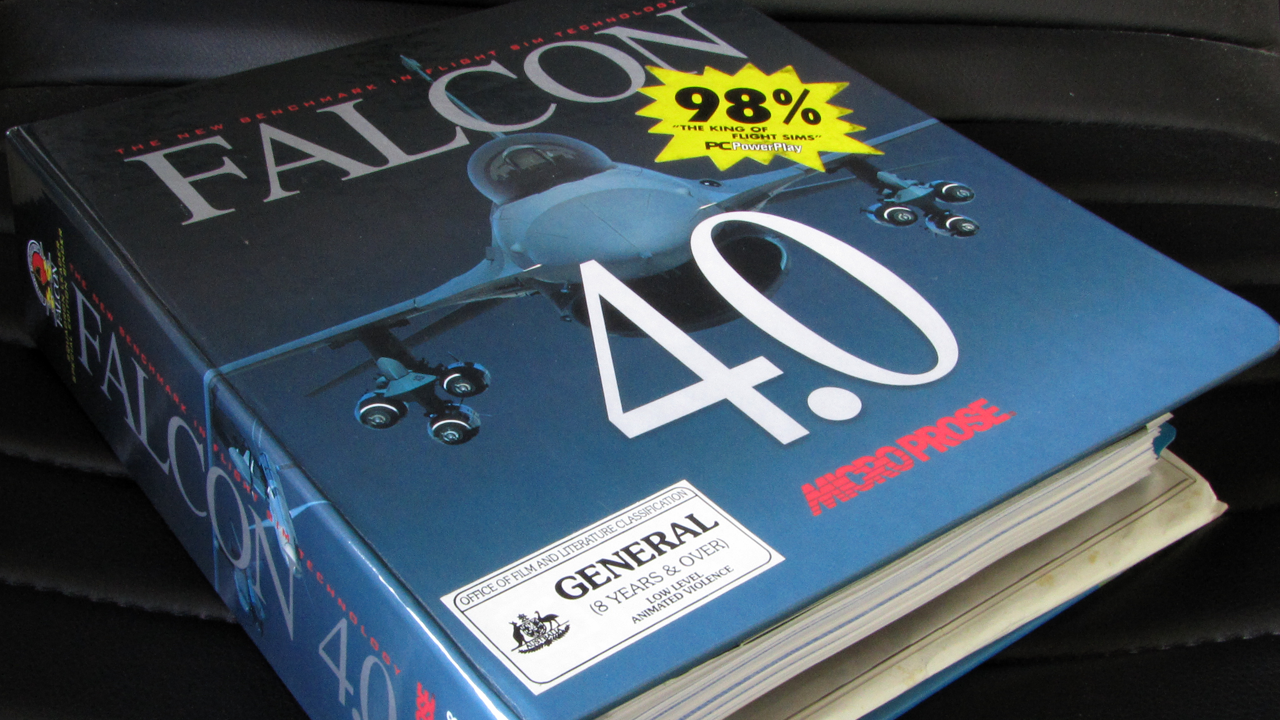
Manuals
Game manuals used to be weighty tomes. Games like Civilization IV, Baldur’s Gate 2, and pretty much every flight sim came with thick, information-packed manuals the size of novels. Now they’re slips of paper with a Steam key printed on them.
Image by Posidyn.com

Shitty games
We still have bad games, but no real stinkers. Games are expensive, and publishers are increasingly risk averse. This is the age of the pedestrian 7/10, and games like the awful, but charmingly ambitious, Boiling Point are few and far between.
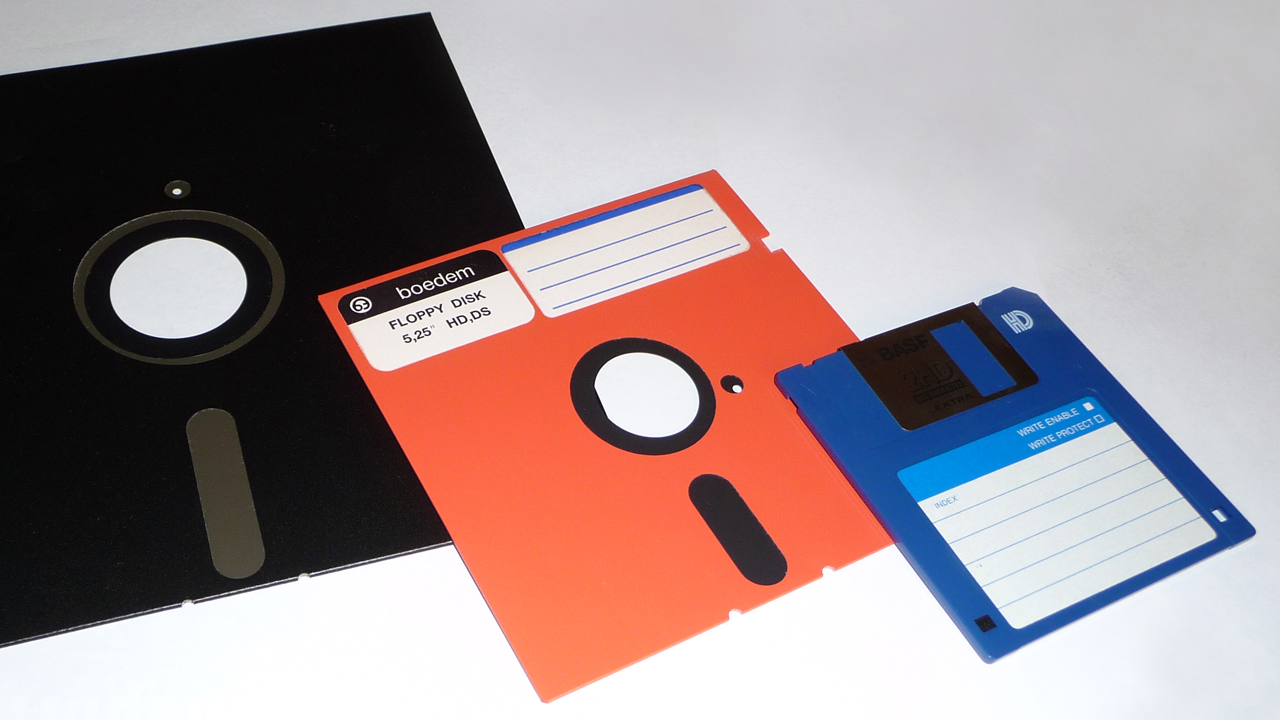
Things we don’t miss
But now it’s time to take those rose-tinted goggles off, because the past was also pretty rubbish. As much as there is to get nostalgic about from the relatively short history of PC gaming, there’s also a lot of stuff that we’re happy to forget: from floppy disks and Games For Windows Live to terrible movie tie-in games.
Image from Wikipedia
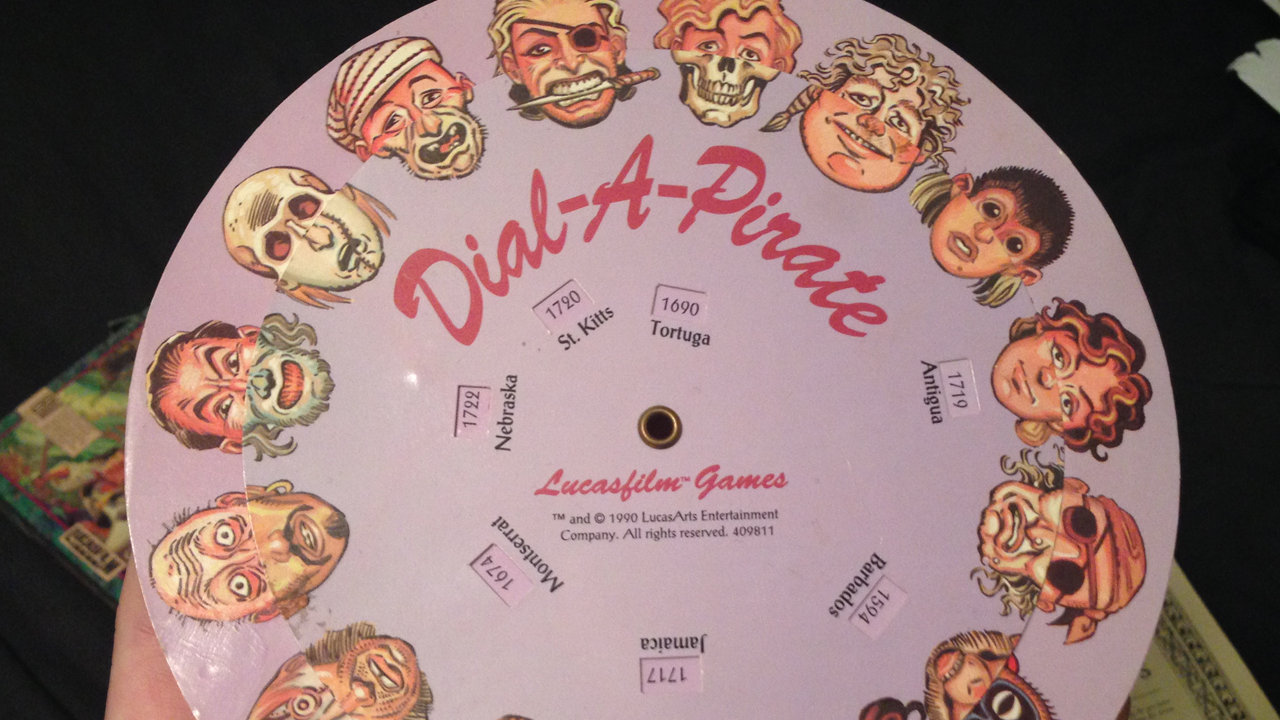
Copy protection
Anti-piracy measures today are automated. They happen in the background and you don’t have to think about them. But in the old days, games had elaborate systems to stop people copying games, including Monkey Island’s infamous Dial-A-Pirate.
Image by Leocadius
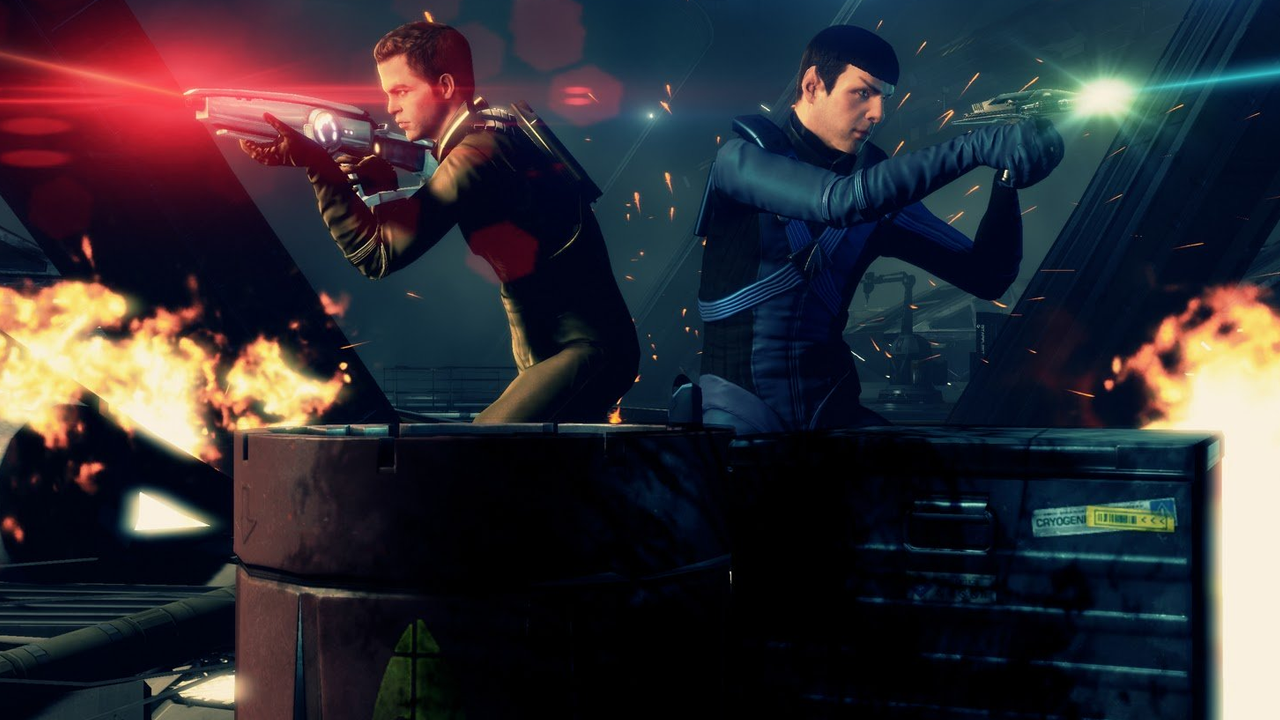
Movie tie-in games
You still get the odd stinker like the abysmal Star Trek, but the days when dozens of half-arsed movie tie-ins were released every year are, thankfully, over. There have been a few exceptions, but the majority were lazy, cynical cash-ins.
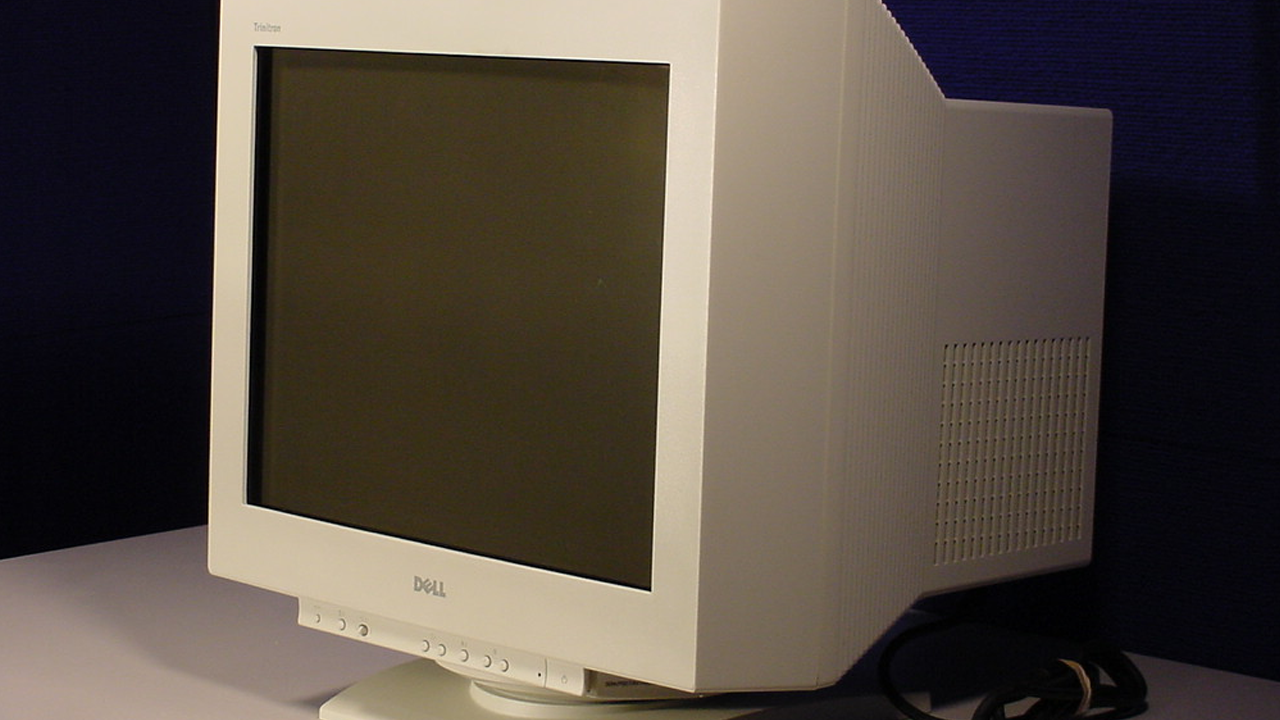
CRT monitors
There’s something alluring about the lo-fi aesthetic of a CRT monitor, but they were giant, beige, bulky things that would take up most of your desk space. Today’s gossamer-thin flatscreens are better in every conceivable way.
Image by Criggie
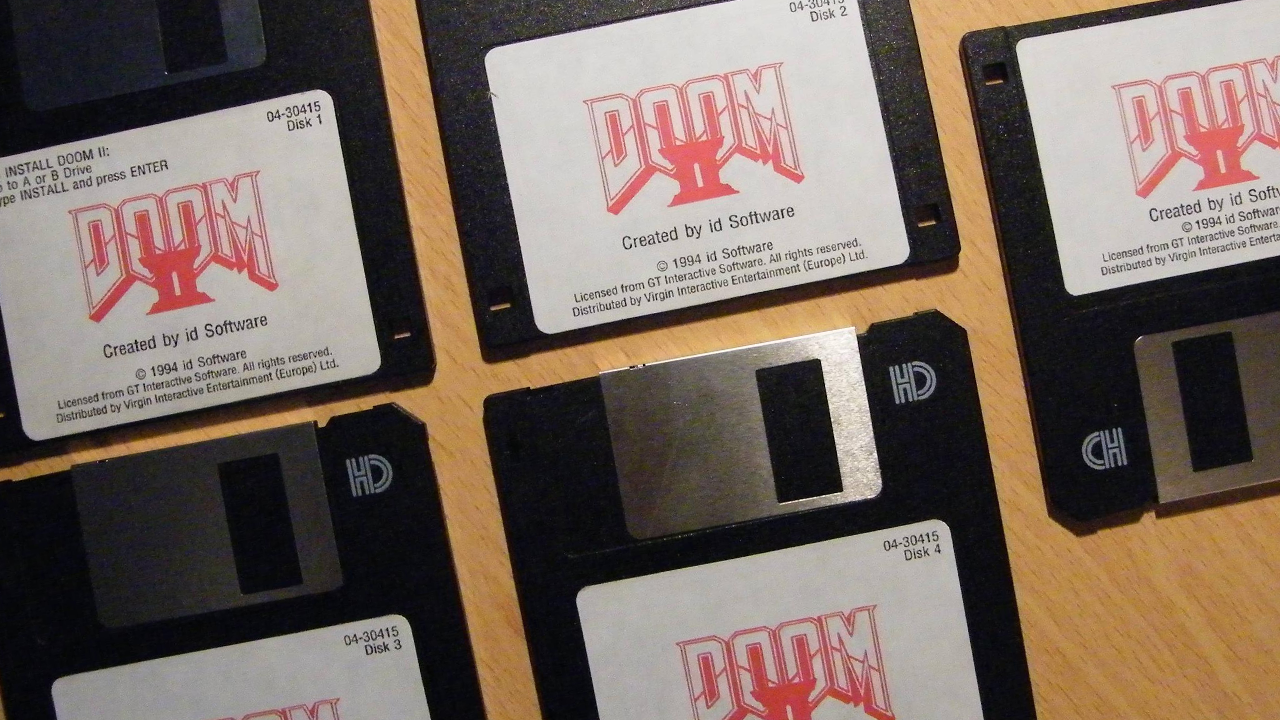
Floppy disks
The Secret of Monkey Island came on seven floppy disks. Quest For Glory came on /ten/. There are some dead formats that people get nostalgic about—vinyl, cassette tapes, VHS—but no one misses the slow, low-capacity floppy disk.
Image by Fraggle
If it’s set in space, Andy will probably write about it. He loves sci-fi, adventure games, taking screenshots, Twin Peaks, weird sims, Alien: Isolation, and anything with a good story.
Keep up to date with the most important stories and the best deals, as picked by the PC Gamer team.
You are now subscribed
Your newsletter sign-up was successful
Want to add more newsletters?
